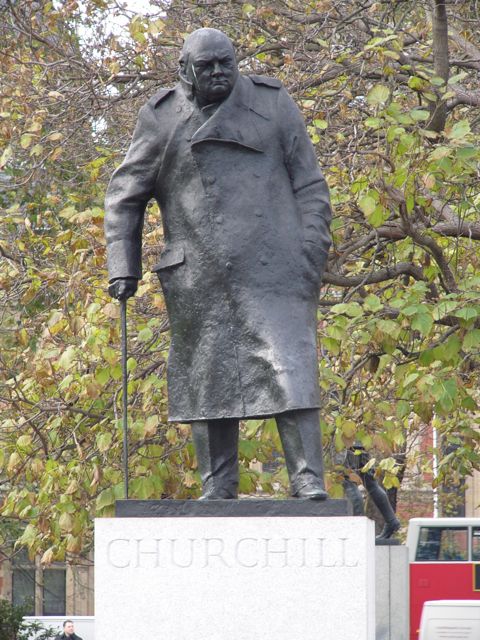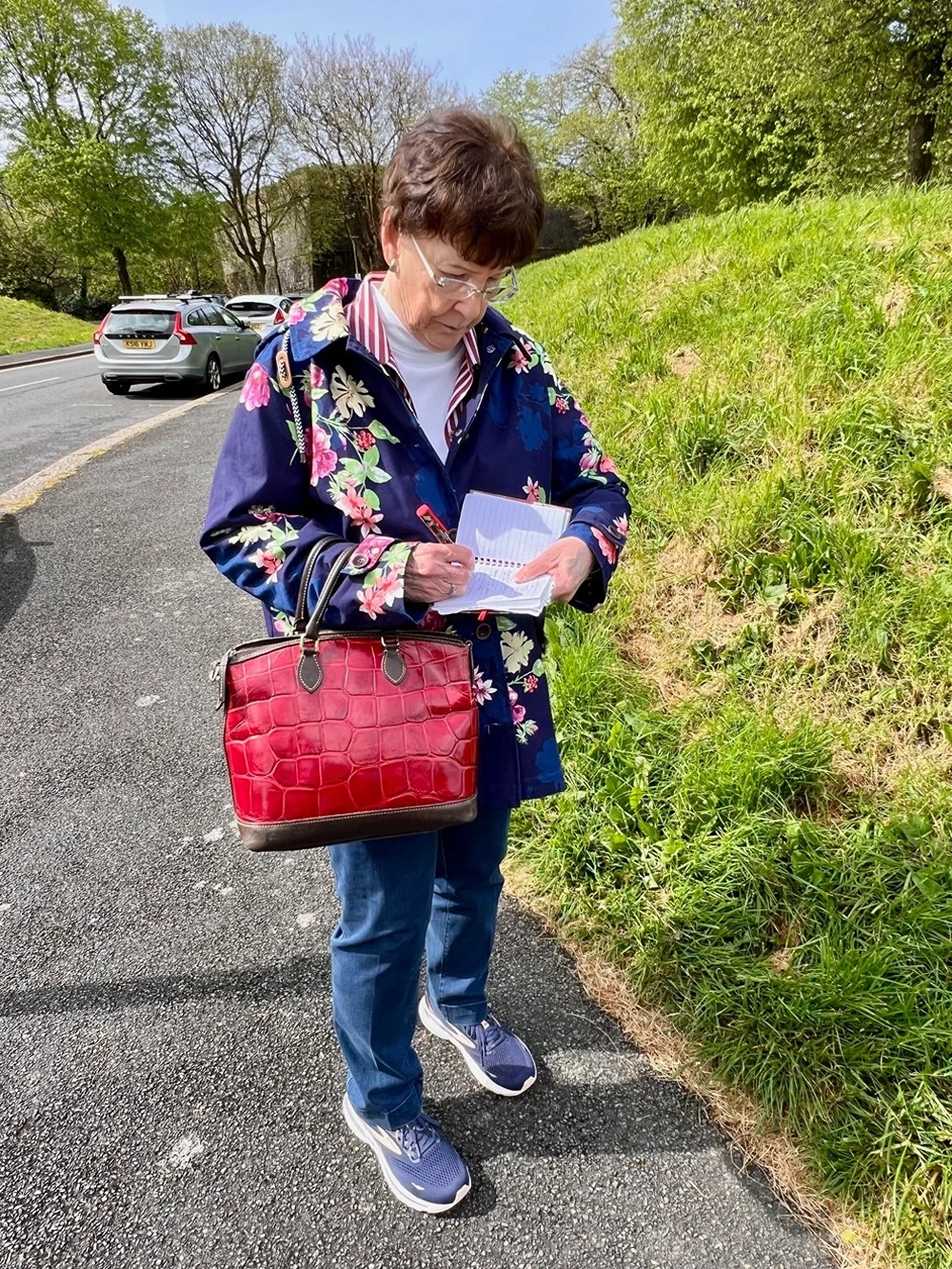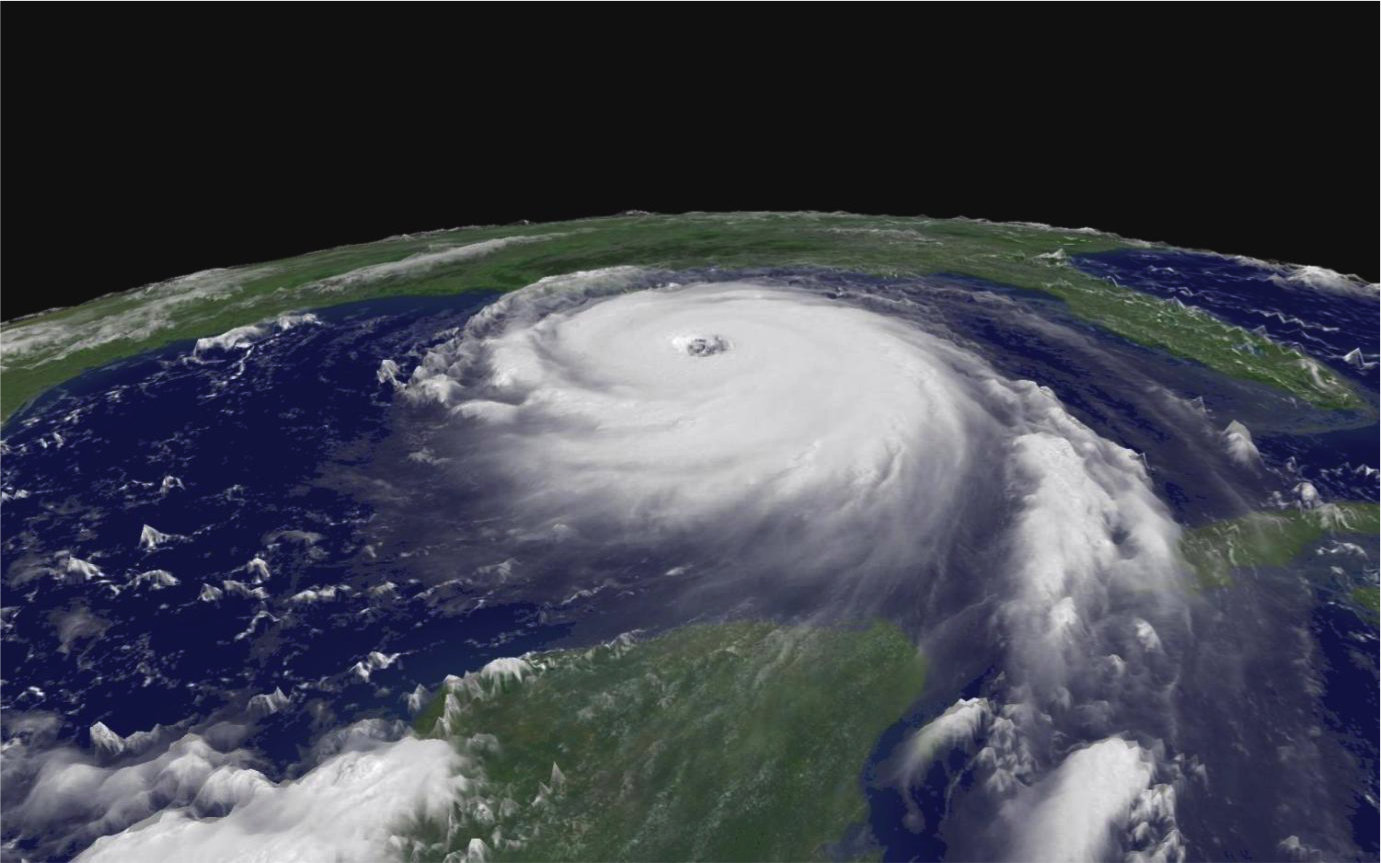Initially seen in soldiers and called shell shock or battle fatigue, post traumatic stress disorder (PTSD) has now been diagnosed in people with a much wider range of human experience: victims of violence and those who saw a loved one suffer from violent actions; victims of natural disasters; and victims of rape, aggravated assault, and abuse.
In The Witness, the protagonist, a young Texan named Jennifer Jeffries is brutally assaulted while visiting London. The intense fear and helplessness she felt resulted in what psychologists and counselors call “rape trauma syndrome,” a name given to PTSD with a sexual element.
The London Metropolitan Police are jubilant: They have a witness who can identify the evildoer, and evidence from her case ties him to the unsolved murders of six other women. Jenny, however, is apprehensive. Facing a difficult physical as well as emotional recovery, she doubts her ability to find the courage to testify in court.
Wanting to safeguard their witness, the British police place her in witness protection, isolating her from the support of her family and friends and confining her with three protection officers. Although men of integrity, they are strangers, and her trauma makes it difficult for her to trust them. Fear, pain, panic, and despair: a volatile mix of ingredients in any circumstance, but a seemingly insurmountable challenge for this young woman.
What is courage? Some would define it as the ability to do something frightening with no guarantee of success, an internal strength to act while faced with pain or fatigue. According to Winston Churchill, courage is “rightly esteemed the first of human qualities because it is the quality which guarantees all others.”
The chief investigator on Jenny’s case, Detective Chief Inspector Colin Sinclair, knows that securing and sustaining her commitment to testify is a tall order, but his love of justice drives him to persuade her. Always one to emphasize the positive, he believes that giving testimony will demonstrate her refusal to allow fear to dominate her life and may restore a sense of control. “Jenny,” he says, “fear is what you feel; courage is what you do.”
What will Jenny do? Recovering from trauma is a slow process, and she is no longer the carefree and lighthearted person she was. Pain from her injuries makes it difficult for her to walk; she cannot comprehend what it will take to stand alone in a witness-box. Can she heal in an alien environment? Can she follow through in a place where every accent is strange, every procedure unfamiliar, and every expectation seemingly too great for her to meet?
The Witness: softbound from Amazon.com and Barnes & Noble. Also available in Kindle and Nook.



